The Future of Bulk Bags in Sustainable Packaging
While bulk bags hold great promise for sustainable packaging, there are challenges that need to be addressed:
– Recycling Infrastructure: Not all regions have access to proper recycling facilities for polypropylene materials. Expanding recycling infrastructure is crucial to fully realize the environmental benefits of bulk bags.
In today’s world, sustainability is no longer just a buzzword—it’s a necessity. As industries across the globe strive to minimize their environmental footprint, the demand for eco-friendly packaging solutions has skyrocketed. Among the many innovations in this space, bulk bags, also known as FIBCs (Flexible Intermediate Bulk Containers), are emerging as a key player in the movement toward sustainable packaging. But what exactly makes bulk bags a promising solution for the future, and how are they contributing to a greener planet? Let’s dive in.
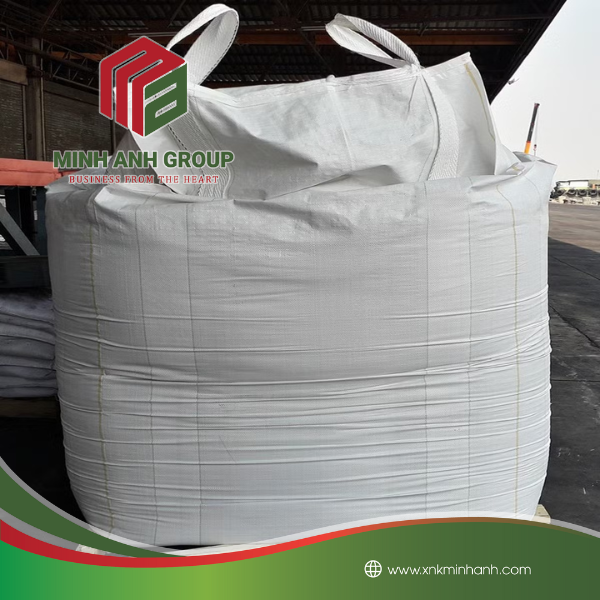
What Are Bulk Bags?
Bulk bags are large, flexible containers typically made from woven polypropylene fabric. They are designed to store and transport dry, flowable goods such as grains, powders, chemicals, and even construction materials. With their lightweight and durable structure, bulk bags have become an essential tool across industries like agriculture, pharmaceuticals, food production, and manufacturing.
But their appeal doesn’t stop at functionality. Bulk bags are increasingly recognized for their potential to support sustainable practices, making them a go-to choice for companies looking to align with eco-conscious values.
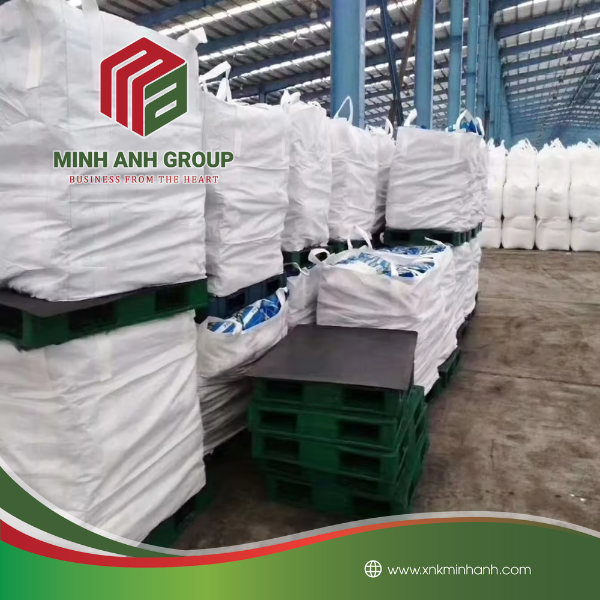
Why Bulk Bags Are a Sustainable Choice
1. Reusability and Durability
One of the standout features of bulk bags is their reusability. Unlike single-use packaging materials that end up in landfills after one use, bulk bags can be cleaned and reused multiple times. Their robust design ensures they can withstand repeated handling without compromising on safety or performance.
By extending the lifecycle of packaging materials, bulk bags help reduce waste generation—a critical step in combating the global waste crisis.
2. Efficient Transport and Storage
Bulk bags are lightweight yet capable of holding large quantities of materials, making them an efficient option for transport and storage. Their compact design means they take up less space compared to rigid alternatives like drums or crates. This translates to fewer trips during transportation, reducing fuel consumption and greenhouse gas emissions.
Additionally, when empty, bulk bags can be folded flat, minimizing storage space requirements and further enhancing their eco-friendly appeal.
3. Recyclability
Most bulk bags are made from polypropylene, a material that is fully recyclable. Once a bag reaches the end of its useful life, it can be processed and repurposed into new products, reducing the demand for virgin materials. This closed-loop system aligns perfectly with the principles of a circular economy, where resources are kept in use for as long as possible.
4. Customizable Design
Bulk bags can be customized to meet specific needs, which reduces the likelihood of over-packaging. Whether it’s creating bags with specific dimensions or adding features like liners for moisture protection, customization helps optimize resource use and minimizes waste.
5. Reduction in Plastic Waste
While plastic pollution remains a significant environmental challenge, bulk bags offer a more sustainable alternative to traditional plastic packaging. Their ability to handle large volumes means fewer individual bags are required for the same amount of product, significantly cutting down on plastic waste.
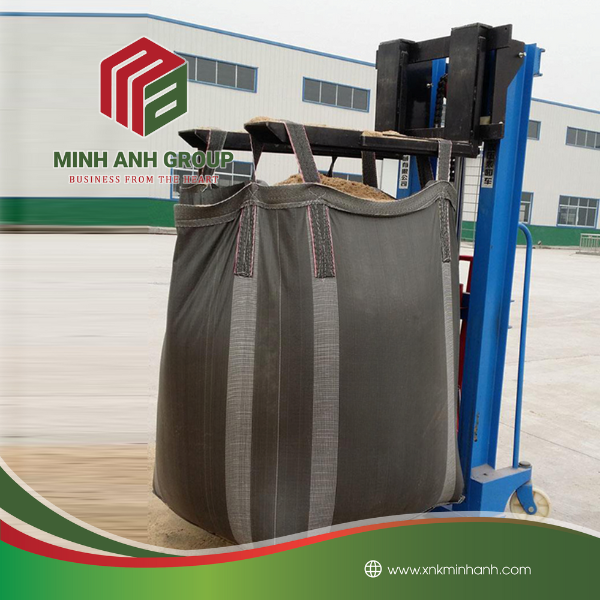
Innovations Shaping the Future of Bulk Bags
As technology advances and sustainability becomes an even greater priority, bulk bags are evolving to meet new demands. Here are some exciting innovations that could shape their future:
1. Biodegradable Materials
While polypropylene is recyclable, researchers are exploring the use of biodegradable materials in bulk bag production. These materials would break down naturally over time, offering an even more sustainable option for industries that prioritize eco-friendly practices.
2. Smart Bulk Bags
The integration of smart technology into bulk bags is an emerging trend. RFID tags and sensors can be embedded into the fabric to track inventory, monitor environmental conditions like temperature and humidity, or ensure proper handling during transport. These advancements not only improve efficiency but also reduce waste by minimizing product spoilage or damage.
3. Lightweight Yet Stronger Fabrics
Innovations in material science are paving the way for fabrics that are both lighter and stronger. This means bulk bags could become even more efficient in terms of weight-to-capacity ratio, further reducing transportation emissions and material usage.
4. Eco-Friendly Coatings
To enhance durability and functionality, many bulk bags are coated with protective layers. The future could see the development of coatings made from plant-based or biodegradable substances, making the entire bag more environmentally friendly.
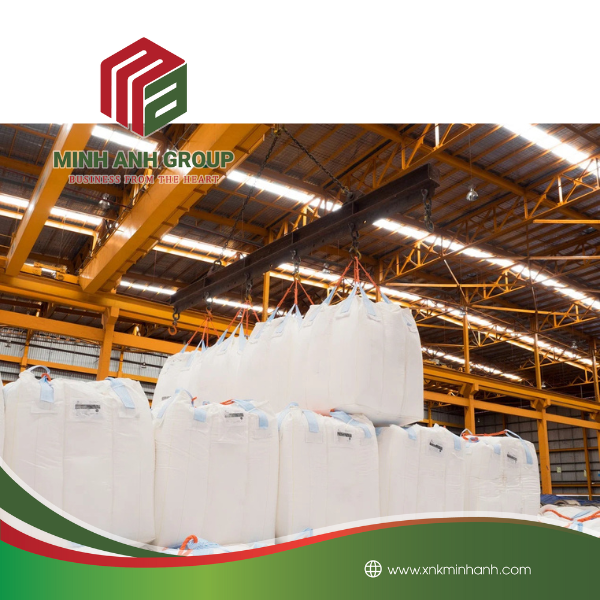
Challenges to Overcome
While bulk bags hold great promise for sustainable packaging, there are challenges that need to be addressed:
– Recycling Infrastructure: Not all regions have access to proper recycling facilities for polypropylene materials. Expanding recycling infrastructure is crucial to fully realize the environmental benefits of bulk bags.
– Consumer Awareness: Many businesses and consumers are still unaware of the sustainability advantages offered by bulk bags. Greater education and advocacy will be needed to drive widespread adoption.
– Initial Costs: Although bulk bags offer long-term cost savings through reusability, their initial purchase price may be higher than single-use alternatives. Companies must weigh these upfront costs against long-term environmental and financial benefits.
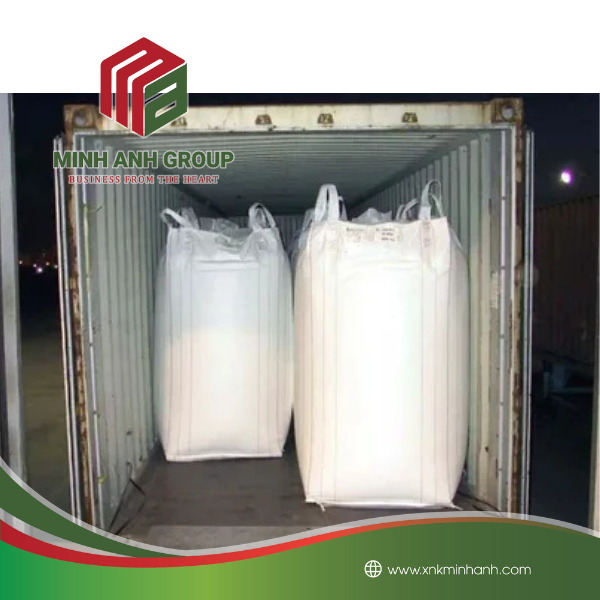
The Role of Businesses and Consumers
The shift toward sustainable packaging is a collective effort that requires participation from both businesses and consumers:
– Businesses can lead the way by adopting bulk bags for their operations and investing in innovations that enhance their sustainability.
– Consumers can support these efforts by choosing products packaged in eco-friendly materials and advocating for brands that prioritize sustainability.
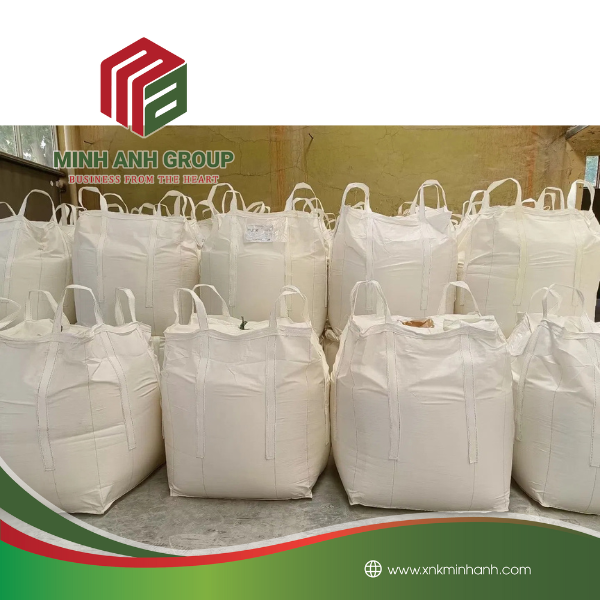
Together, these actions can create a ripple effect that drives meaningful change across industries.
The future of bulk bags in sustainable packaging is bright. With their reusability, recyclability, and potential for innovation, they represent a practical solution to some of the biggest challenges in modern packaging. As businesses continue to prioritize sustainability and invest in greener practices, bulk bags are poised to play a significant role in shaping a more sustainable future.
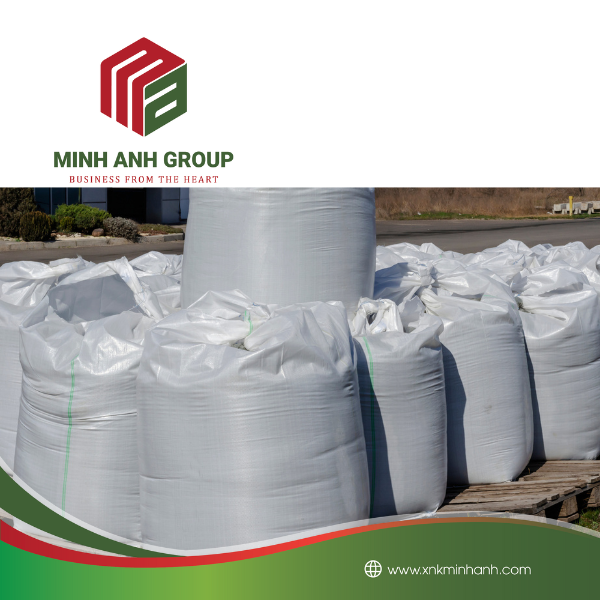
Whether you’re a business owner looking for eco-friendly packaging solutions or a consumer eager to make environmentally conscious choices, bulk bags offer an opportunity to contribute to a cleaner, greener planet—one bag at a time.
Hãy là người đầu tiên nhận xét “The Future of Bulk Bags in Sustainable Packaging” Hủy
Sản phẩm tương tự
Tin Tức Bao Bì
Tin Tức Bao Bì
Tin Tức Bao Bì
Tin Tức Bao Bì
Tin Tức Bao Bì

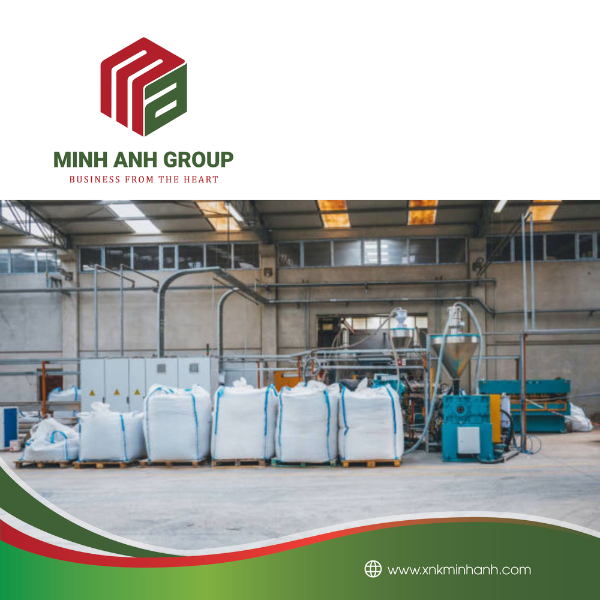
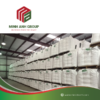
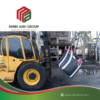











Đánh giá
Chưa có đánh giá nào.